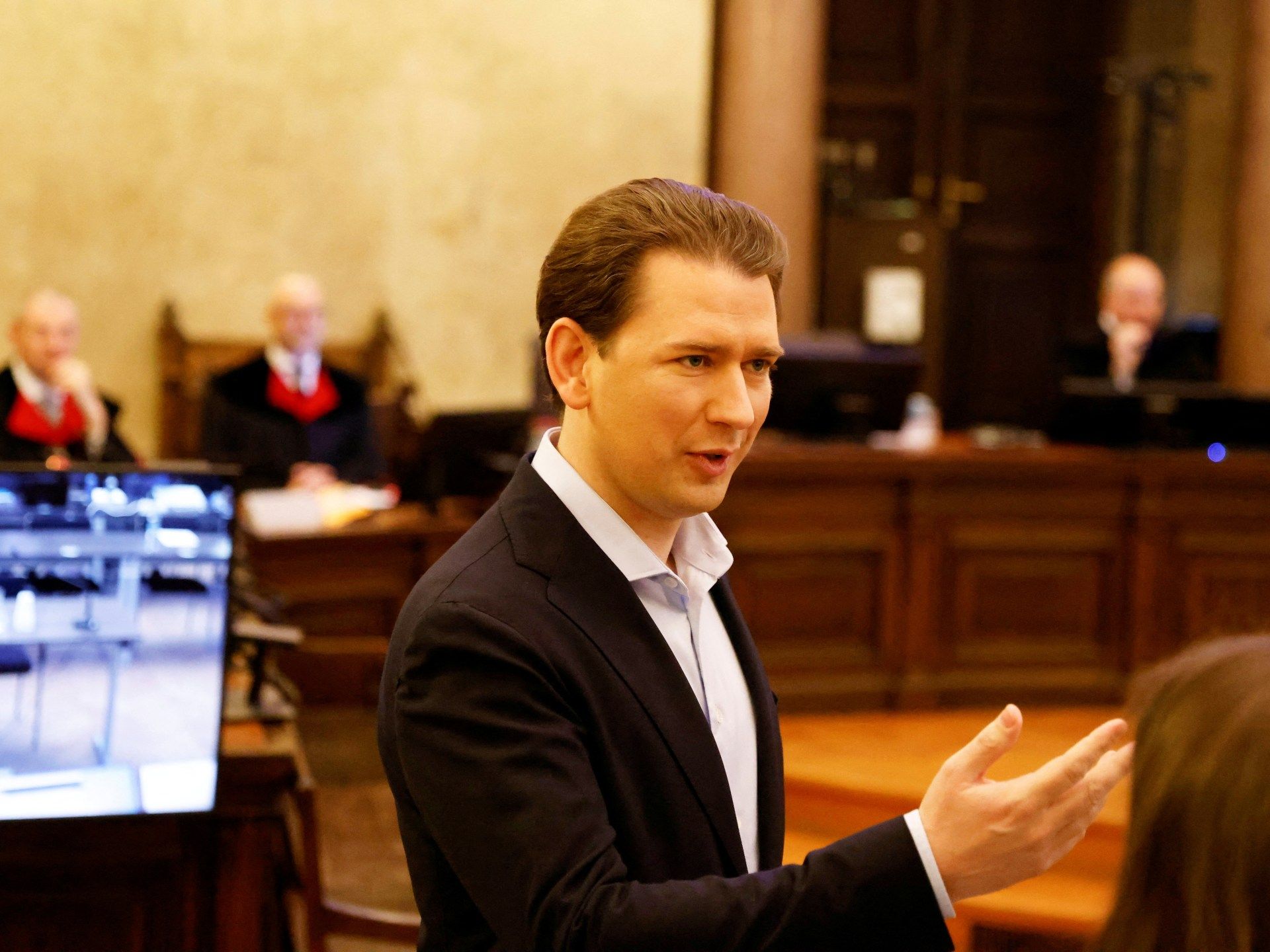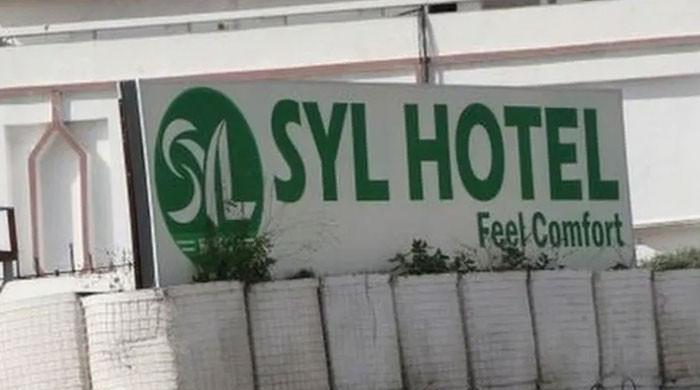Kurz receives an eight-month suspended sentence after being found guilty of lying at a parliamentary inquiry.
Former Austrian Chancellor Sebastian Kurz received an eight-month suspended sentence after being found guilty of perjury by a Vienna court following a four-month trial.
The former leader, once hailed as a “wunderkind” of Europe's conservatives, had denied downplaying his influence on the appointment of executives at the state holding company OBAG when he was chancellor, and whose appointments were formally the responsibility of his minister of Finance.
But Kurz's corruption case centered on his testimony before a parliamentary commission of inquiry that he was “involved in the sense of informed” but did not play an active role in the appointments.
However, the court agreed with prosecutors that Kurz was actually the ultimate decision-maker and presented evidence, including text messages and testimony from former loyalist Thomas Schmid, the first head of OBAG, who became state witness.
The trial and other ongoing corruption investigations have damaged the charismatic hardliner's reputation and any chance he had of a political comeback.
In 2017, Kurz became one of the world's youngest leaders at age 31 and formed a coalition with the far-right Freedom Party (FPO).
Amid a scandal in 2019, when the FPO leader was caught up in an undercover video, the coalition collapsed. Kurz then won an early election and formed a coalition with the Greens, who then forced him from office in 2021 due to the corruption investigation.
But his Austrian People's Party continues to lead the government of current Chancellor Karl Nehammer.
Kurz has insisted he is innocent of misleading a parliamentary inquiry into wide-ranging corruption scandals that toppled his first far-right government in 2019.
Throughout the trial, he presented himself as a victim of selective prosecution and an opposition willing to “destroy” him.
Kurz said that while he had been informed of Schmid's appointment, he had made no decision about it and dismissed suggestions that he had tried to control everything.
On the other hand, Schmid testified that Kurz had created a “system” in which he held the reins and could veto any personnel appointments at critical companies.
Separately, prosecutors are still investigating Kurz on suspicion of embezzling public money to fund biased polls to boost his image and pay for the favorable coverage that enabled his success in 2017.
However, they have so far failed to secure any convictions since a video surfaced in 2019 showing the then vice-chancellor of Kurz's FPO offering public contracts to an alleged Russian investor for help in his campaign.
After leaving politics, the conservatives, who are in an election year, have fallen to second or third place in the polls, making them likely to lose seats in this year's parliamentary elections, sparking speculation that Kurz could eventually lead the party again. and reverse his fortunes.
However, polls have shown that a clear majority of Austrians say they do not want to see him return to government, and Kurz has said that he is happy as a businessman and is now involved in numerous international private companies.












